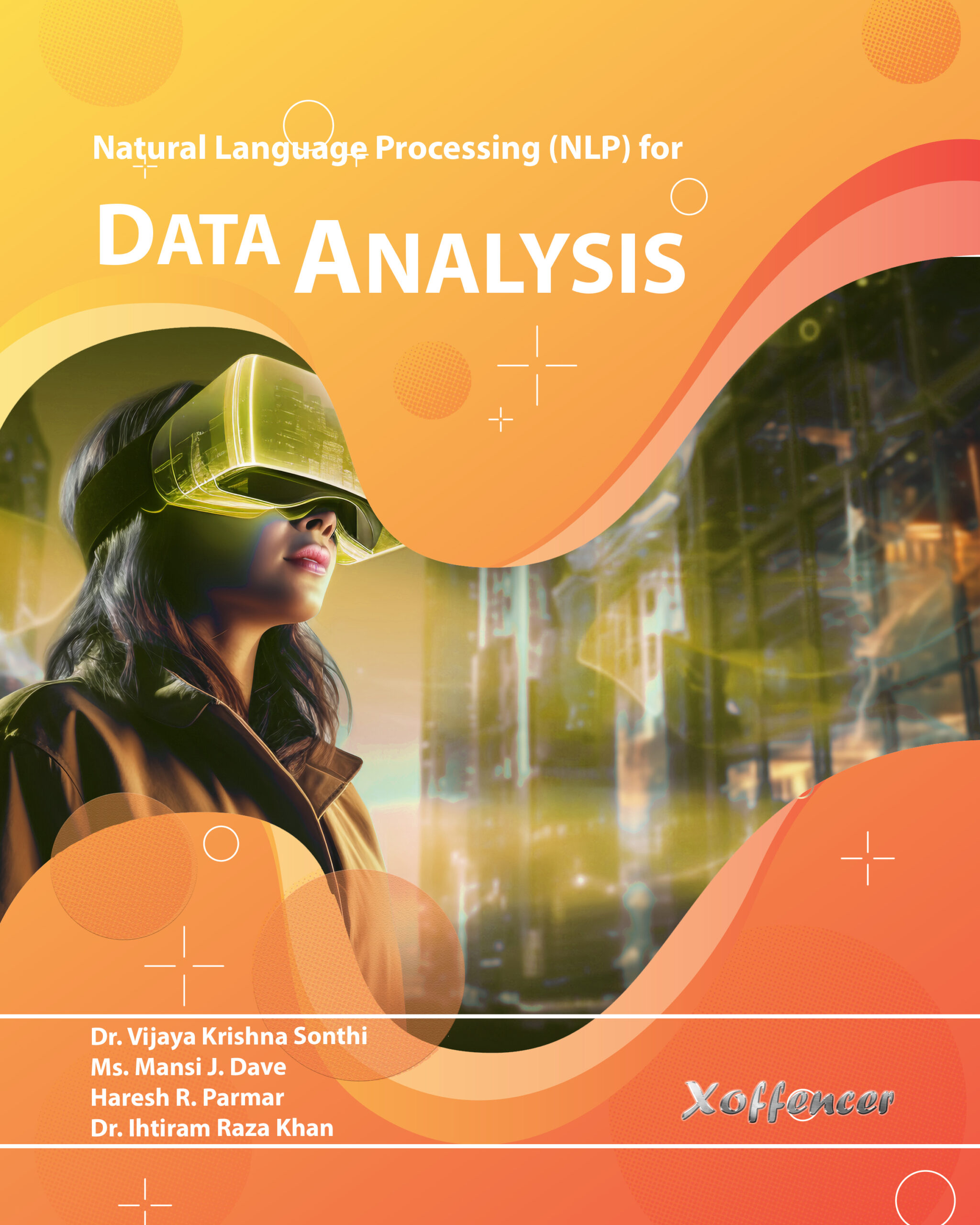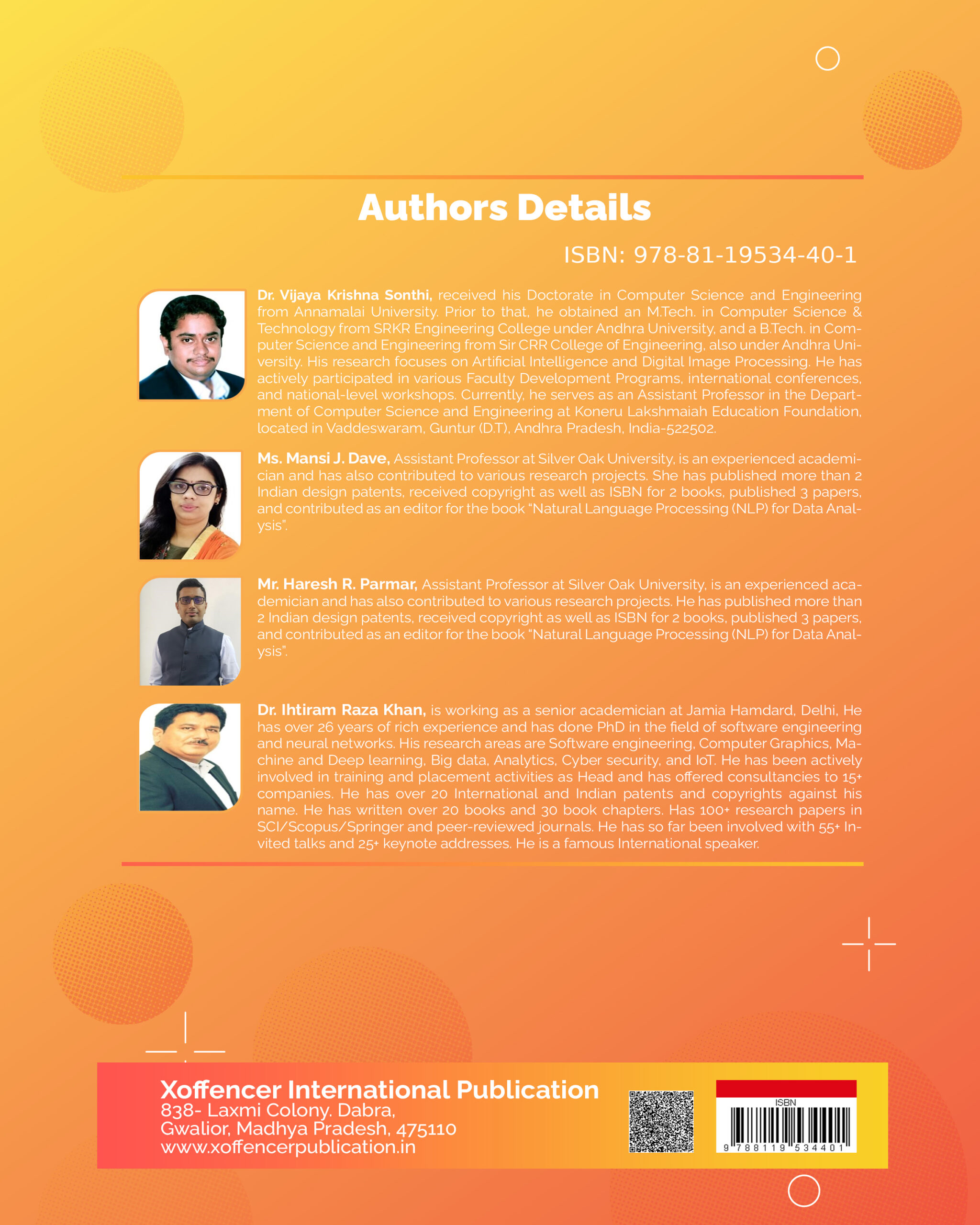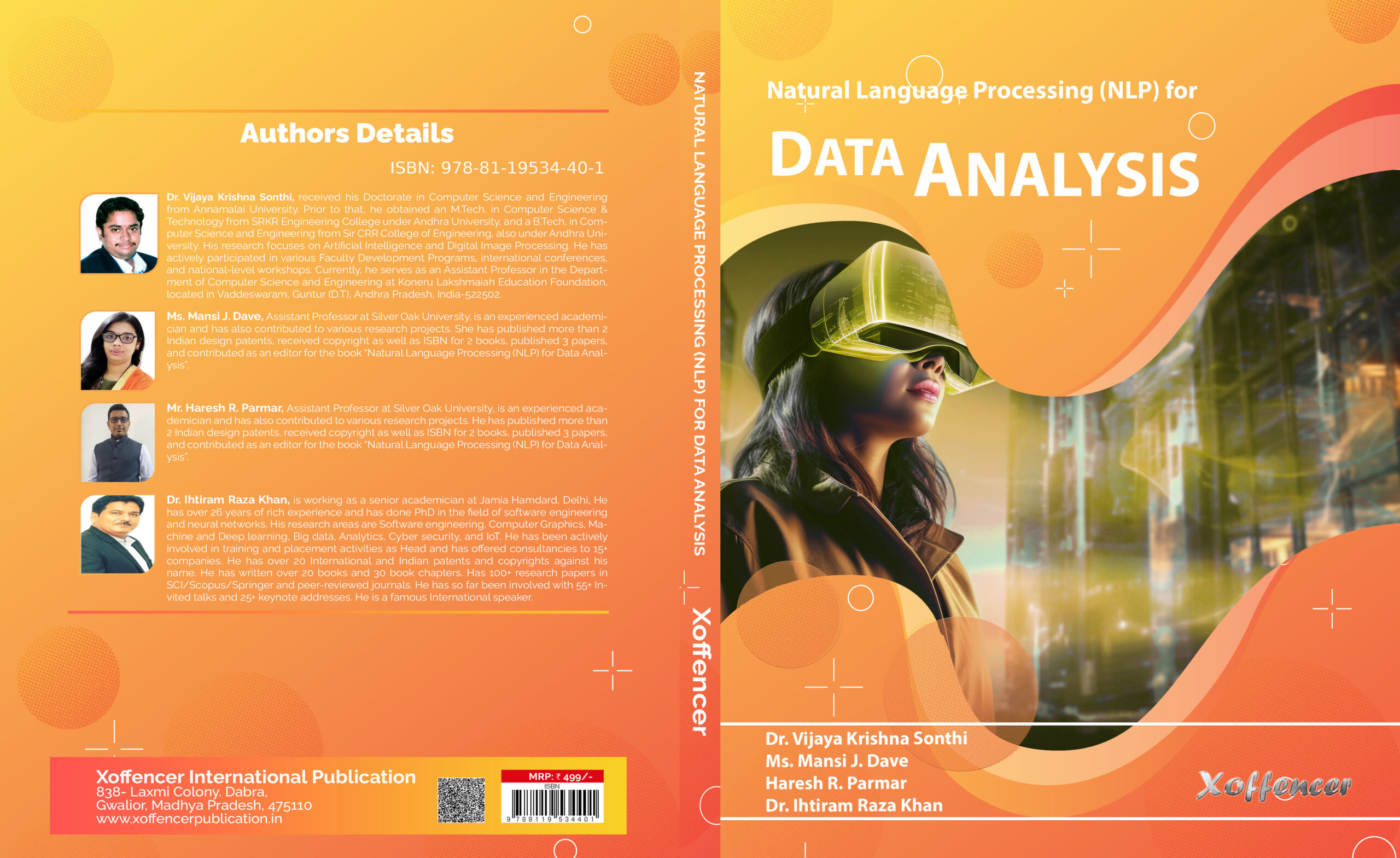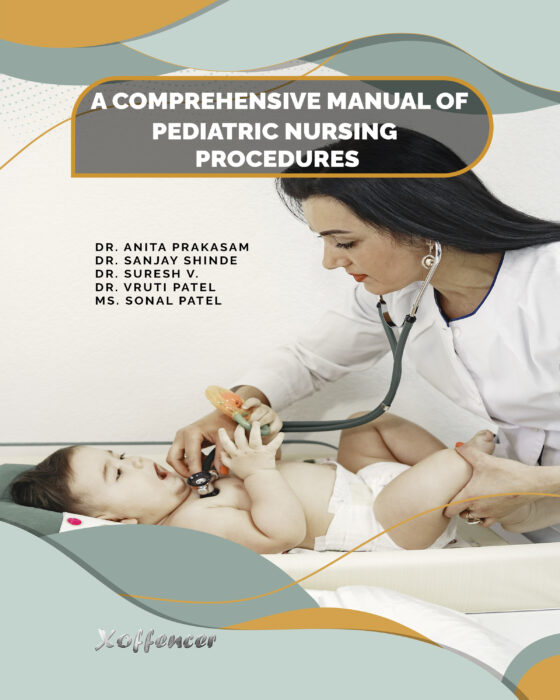Description
Natural Language Processing (NLP) is a sophisticated method for data analysis that enables the extraction of important insights from unstructured textual data. It allows for the discovery of previously unknown information. It is important to note that natural language processing (NLP) plays a crucial part in the process of decoding the underlying patterns, feelings, and trends that are concealed inside tremendous amounts of text. In order to assist the transformation of raw textual data into structured, usable information, natural language processing (NLP) makes use of advanced algorithms and linguistic techniques. This, in turn, improves the efficiency and accuracy of data analysis procedures. In addition, natural language processing makes it possible for researchers and analysts to delve more deeply into the nuances of human language, so revealing potentially significant insights that would otherwise be obscured. As a result, the incorporation of natural language processing (NLP) approaches into data analysis methodology has the potential to change the way in which we extract knowledge from textual data, hence providing chances for discovery and innovation that have never been seen before. In addition, natural language processing makes it possible to process a wide variety of textual data, such as posts on social media platforms, reviews left by customers, articles published in the news, and research papers, amongst others. Because of this versatility, analysts are able to acquire a complete understanding of a wide range of domains and themes, which contributes to more informed decision-making and strategic planning. In addition, natural language processing (NLP) techniques can be utilized to assist in the automation of repetitive operations, such as text categorization, sentiment analysis, and entity recognition. This helps to streamline the workflow of data analysis and free up valuable human resources for higher-level tasks. The integration of natural language processing (NLP) into data analysis approaches is becoming increasingly important as the volume and complexity of textual data continue to rise dramatically. This integration offers advantages that have never been seen before, including the ability to extract useful insights and drive innovation across a wide range of sectors and domains.













Reviews
There are no reviews yet.